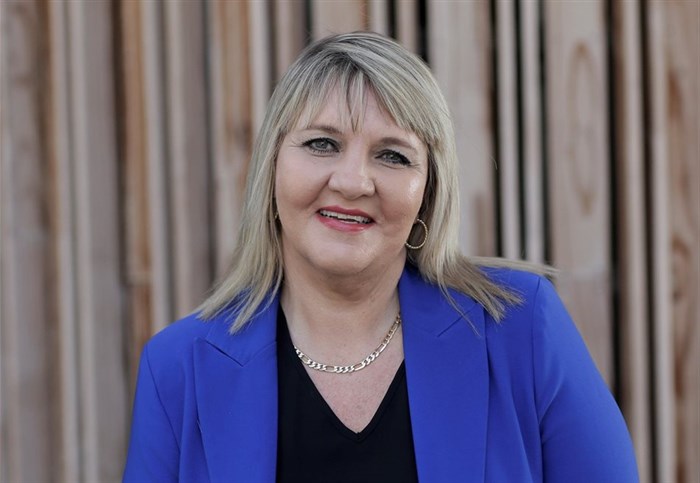In a harsh economic climate, one might expect consumers to curtail their spending – especially on luxury items. However, South Africa sets its own trends and is experiencing a boom in luxury shopping, while luxury brand retailers are thriving, writes Theresa Terblanche, divisional executive property management and retail leasing at Broll Property Management.

Theresa Terblanche, Divisional Executive Property Management and Retail leasing at Broll Property Management. Image supplied
The psychology behind this phenomenon and analysis of the socio-economic dynamics fuelling it, reveal statistics that the commercial property market could do well to take note of.
The Clur Luxury Brands Index showed South Africa’s trading density at R356,851 per sqm – outperforming the All Centres Index by a massive 795%. Growth in the sector at 15.8% was 7.4% higher than that for all centres.
South Africa has the largest luxury brand market in Africa, and together with the weak rand and significant spike in the cost of international travel, the expansion of luxury brand purchasing has found fertile ground in the country.
Technology, too, has impacted this growth by facilitating online markets. And since Africa hosts the largest percentage of middle-class consumers, who have aspirations of self-improvement, the acquiring of luxury brands as a status symbol underpins their drive to possess these top-shelf items. It’s also about the self-gratifying end-to-end experience of imagining and browsing, to relishing the joy of owning the items.
There are several other drivers of this purchasing behaviour. These include influencers, bloggers and vloggers, who promote branded items as must-haves; and reality TV shows that promote the glamour of celebrities clad in designer wear and languishing in stylish homes.
South Africa has been recognised as offering boundless opportunities for luxury brand growth. This has given newly planned or existing malls the opportunity to entice these brands, which in turn leads to higher turnover rentals, as well as an exclusive tenant mix.
In some South African centres, the lettable areas for these brands represent 18%-20% versus the contribution to the total turnover of 38% to 40%. This underlines the immense impact on the retailer’s gearing or financial leverage.
Commercial tenants demand an upmarket image; therefore, higher tenancy rentals are realised, and even surrounding residential properties retain market value better and also sell faster.
Vacancies in regular commercial properties surrounding luxury brand shopping centres are also substantially lower.
Centres that have existing luxury brands continuously aspire to increase these brands’ representation, however, should these landlords not have lettable area available to accommodate brand expansion, then it can afford adjacent shopping centres the opportunity to entice these brands, especially in the same catchment area.
The investment landlords make to secure luxury brands in terms of tenant installation allowances is substantially higher than regular stores, but the higher turnover achieved usually justifies this investment.
Cape Town is still the frontrunner in luxury retail, due to tourism and affluent markets; Gauteng has a significant luxury brands retail market, especially in more affluent areas.
KZN is certainly not trailing behind, with 16 new luxury brand stores opening in Oceans Mall in the last year, with another five to follow, together with Gateway Theatre of Shopping, which offers several luxury brand stores.
Luxury brands have extremely high expectations, so they will not accept tenancy in a mall or node that does not align with their identity. Therefore, urban development in these areas is a high priority. This in turn uplifts the area and raises property values.
The Lipstick Index, a financial indicator of projected sales in a recession, describes South Africa’s booming luxury brands market well. The aspirations of the rapidly growing middle class, together with cultural traditions, play a major role in boosting sales of luxury brands, despite the country’s shaky economy.
An interesting dimension in this trend is the study of demographic groups that are keen luxury-goods buyers. They are primarily members of South Africa’s fast-growing, affluent and influential black community, the emerging middle class, and women in urban areas with a high disposable income.
Certain cultures communicate their social status by flaunting their success, which leads to their placing importance on material possessions. They have a strong desire for unique styles and are admired for having expensive clothing, cars and houses.
In tough economic times, a consumer’s desire for luxury items sometimes increases as they aspire to create a better life. This phenomenon impacts the commercial property market significantly, and in turn the residential property market, which makes it all the more important for developers, investors and retailers to analyse and capitalise on the opportunities it presents.













































